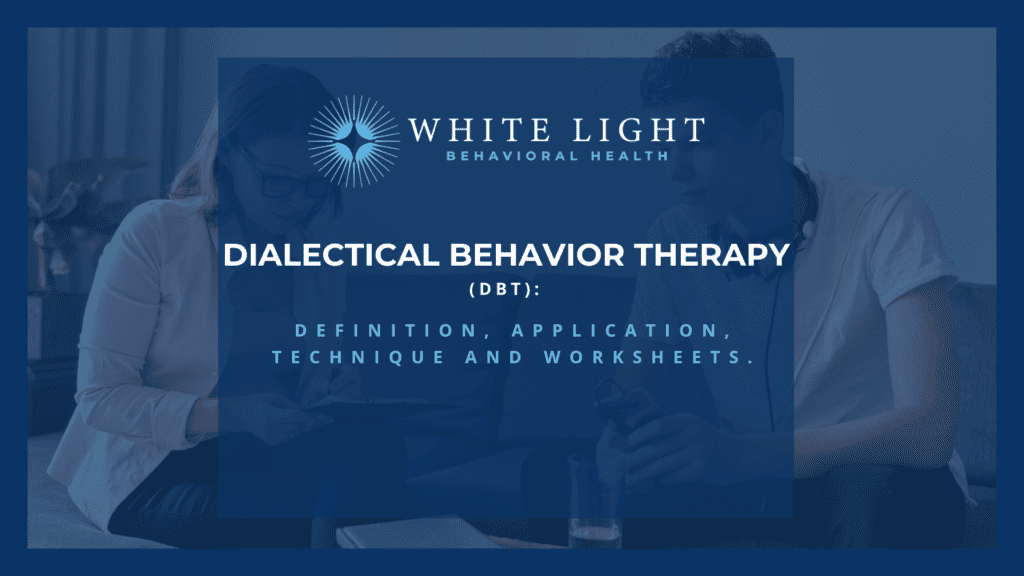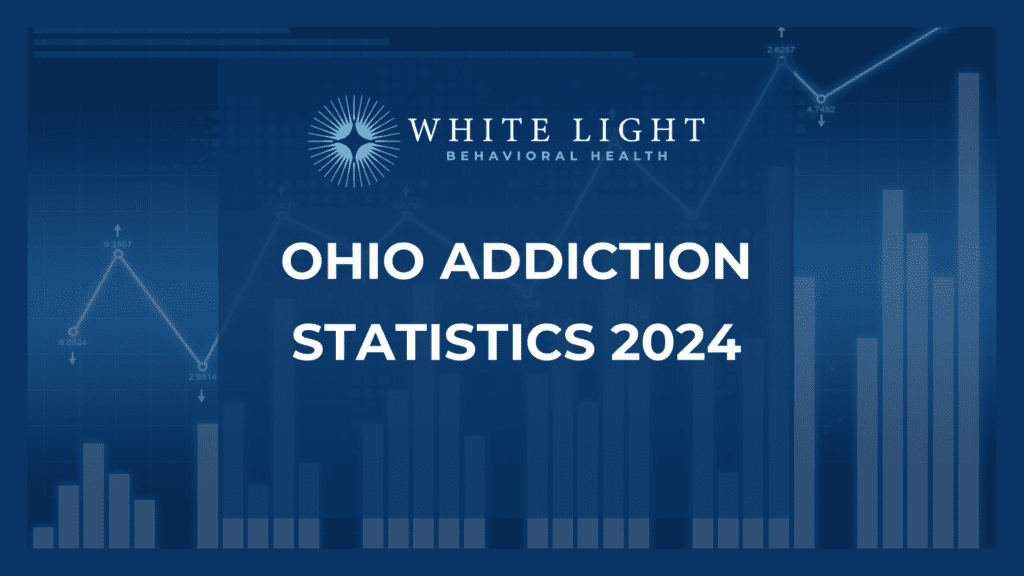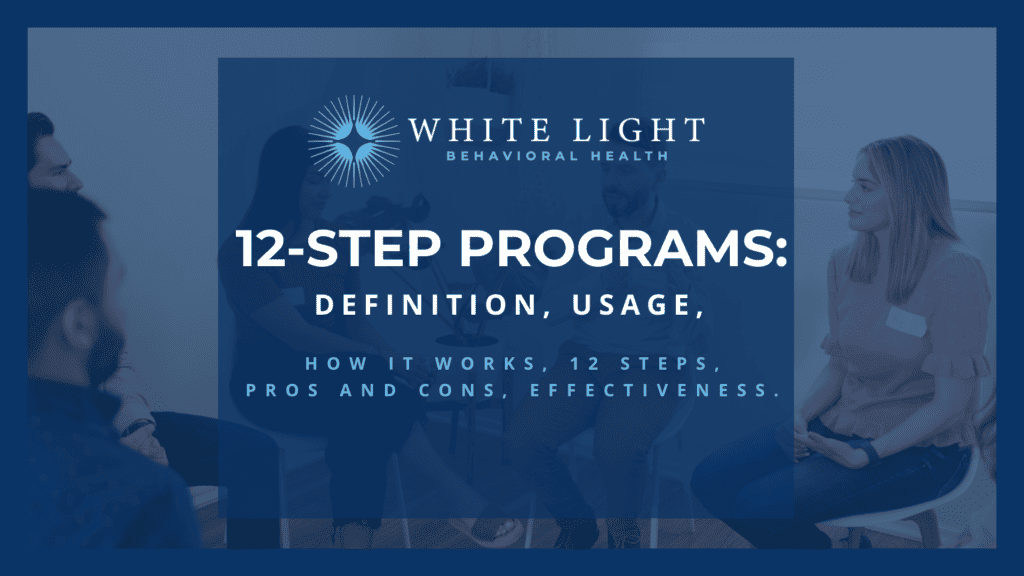Dialectical Behavior Therapy for Addiction Treatment
Definition of Dialectical Thinking
What Is Dialectical Behavior Therapy?
The Steps of DBT

Detox is very hard on the body and mind. Monitored detox is the safest choice for those who are trying to take care of themselves by abstaining from drugs and alcohol.
You may need to move from supervised detox into inpatient rehab as part of your process. As you regain behavioral control and are protected from self-harm, you can move forward in DBT therapy.
The second step or stage of DBT is to examine your emotional health. The self-destructive act of using drugs or alcohol is an indication that your emotional well is toxic; it is at least likely that your self-talk is not supportive. You may also be suffering from a traumatic emotional response to events from your past.
During the second step, your therapist will help you to validate and understand these emotions and trauma responses. You may be encouraged to participate in mindfulness therapies, meditation, and journaling to help you better understand how to escape these extremely emotional memories and find a way to be present in the moment.
During the third stage of your DBT therapy, you can start to work in group settings. For those who have worked through a severe trauma response or experience, the normative state of heightened emotion can be incredibly exhausting. Your goal during the third step is to step away from emotional reactions triggered by life events without having to dull yourself with drugs or alcohol.
Ordinary moments of happiness can be captured and reviewed. You can start to work, both in group and in your private therapies, on self-care projects that provide contentment. Depending on your unique life experiences, you may have issues with self-esteem or question your worth. During DBT, you will learn to take simple pleasure in small actions and build a place of peace within yourself without falling back into isolation.
In a drug rehab program, this may mean helping another person in a group manage an emotional response. It can also mean knowing when to step back from someone who isn’t ready for help. Knowing how to draw boundaries that allow you to respect your emotional safety is a critical element in any form of therapy.

The fourth stage of DBT therapy is to own and respect your sense of self. If you found that you didn’t ask for help with your addiction because you were ashamed of being an addict, the fourth stage can help you embrace yourself as a whole human being.
Of course, going through detox, rehab, and DBT therapy will not make you completely healthy. Without any bumps or rough edges, there is no way to be a healthy human being. Instead, you embrace yourself as someone who is effectively incomplete. You cannot be perfect, but you will not stop enjoying your life because of those imperfections.
As a recovering addict, this means that you may begin isolating yourself or becoming rigid in your thinking. DBT therapy can help you know when to reach out to a friend, a therapist, or a group. When you feel emotional storms brewing, you can put the tools you learned to work to calm the waters.
Skills You Will Take from DBT
Understanding your triggers is the key to self-management of your emotions. Once you know what your triggers are, you can start to make good choices rather than just reacting. If your former reaction to hearing someone shouting was to burst into tears or find a quiet area to numb yourself with drugs or alcohol, you could create a mental bridge of consideration. On this bridge, you will have the mental space to decide:
- Who is shouting?
- What are they shouting about?
- Am I or someone I care about in danger?
Once you have made the assessment that there is no danger and have your emotions under control, you will be able to decide how to handle the situation and others like it.
You will also learn that other people’s problems are not always your responsibility. This is not to say that you will learn to be uncaring or cold. However, you can learn to let other people have their emotional reactions to life circumstances without putting your own emotional health in a dangerous spin.

You may also need to stop trying to save others in your friendships. Too often, those who struggle to control their emotions find solace in helping someone who is in a deeper crisis than they are. After detox and rehab, you may find that former friendships and romantic relationships developed around drug and alcohol use. Unfortunately, some individuals in your life may have substance use issues that you may have to distance yourself from. DBT therapy can help you accept that the value you bring to the table as a human being is enough, and you do not need to fix everyone else in your life to gain feelings of self-worth. You will be able to fully embrace your humanity as a package worthy of loyalty and support.
- Improving your motivation to change for the better as you begin your recovery journey.
- Identifying triggers that could lead to substance use.
- Reducing behaviors that may contribute to a decision to use drugs or alcohol.
- Creating healthy relationships with friends, family, and others that support your success.
Seeking Help

Share This Post



